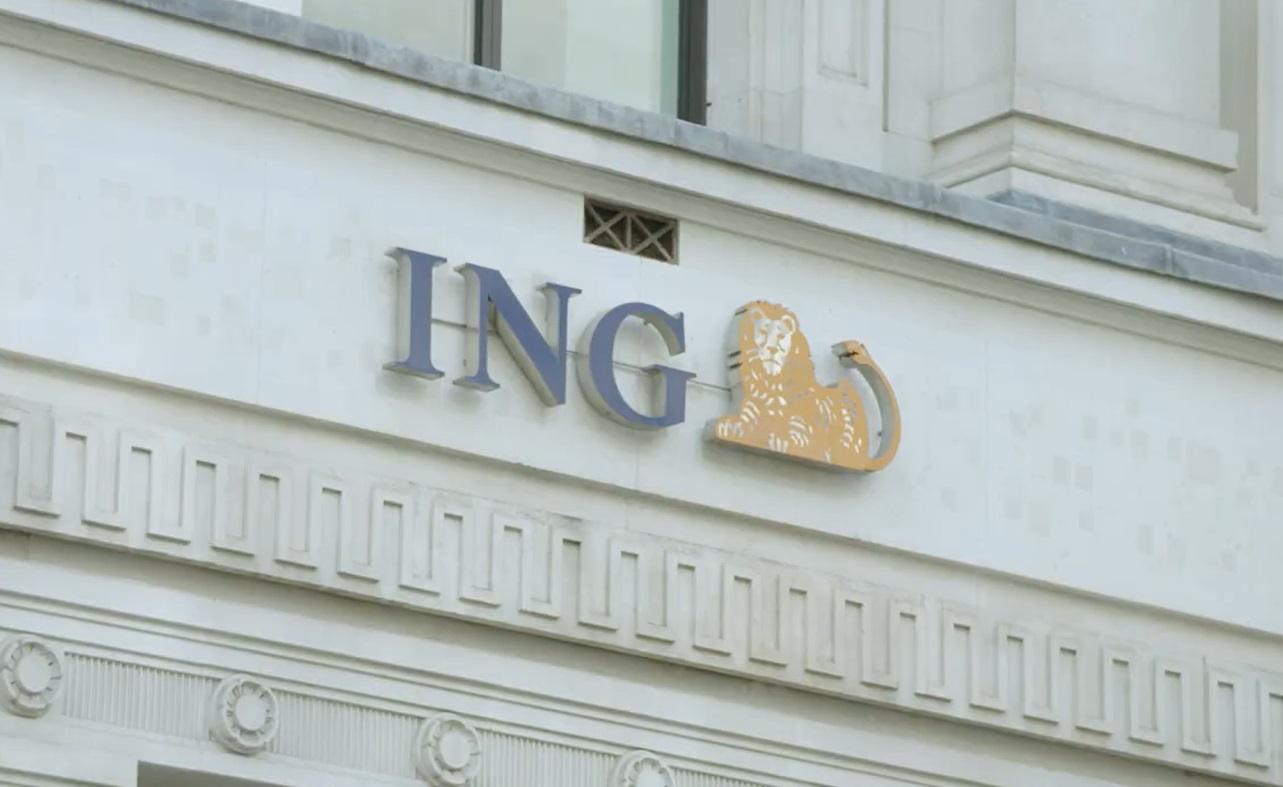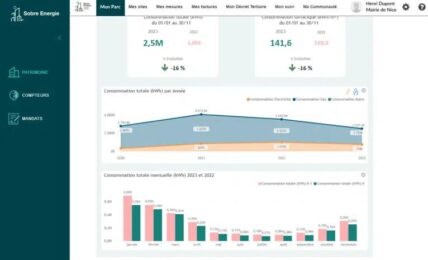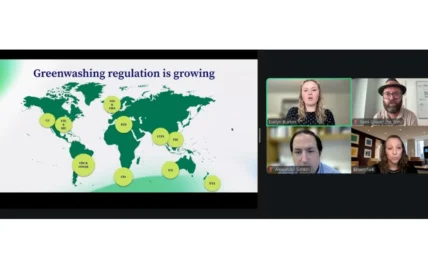
Amsterdam-based global bank ING announced today that its climate targets, including goals to reduce financed emissions in client portfolios as well as in the bank’s own operations, have been validated by the Science Based Targets initiative (SBTi) as aligning with the 1.5 °C ambition of the Paris Agreement.
According to the SBTi, ING is the first global systemically important bank to achieve the validation. The SBTi validated ING’s targets against its Financial Institutions Near-term Criteria, its updated framework for financial institutions’ near-term target-setting, which came into effect in November 2024.
Nate Aden, head of Financial Standards at SBTi, said:
“As the first global systemically important bank with a validated science-based target, ING is showing how large financial institutions can support climate stabilisation in the real economy. This target builds on years of ING leadership on sector-level benchmarking – the combination of six sector targets with cross-portfolio fossil fuel targets sets a new precedent for climate leadership.”
The achievement comes as several banks globally have withdrawn or pulled back on their climate commitments, with HSBC, for example, recently pushing out its target to achieve net zero emissions by 20 years, and placing its interim financed emissions targets under review, Wells Fargo entirely dropping its target to achieve net zero financed emissions by 2050, and its sector-specific 2030 interim financed emissions targets, and all major U.S., Canadian and some other banks leaving the Net-Zero Banking Alliance.
Several banks also chose to exit the process of seeking SBTi validation of their climate targets ahead of the launch of its new standard to assess financial institutions’ net zero goals, which included strict limitations on fossil fuel financing.
ING has put in place a series of fossil fuel policies which have been included in the SBTi validation, including ending all financing – including corporate financing and bonds – to pure-play upstream oil and gas companies that continue to open new oil and gas fields, no longer financing any new thermal coal-fired power plants or thermal coal mines or engaging new clients whose total power generation capacity is more than 5% reliant on operating coal-fired power plants, phasing out of lending to individual coal-fired power plants by the end of 2025, and steering its Upstream Oil and Gas portfolio in line with the Net Zero Emissions scenario for Advanced Economies of the IEA, among others.
ING’s validated targets also include its commitments to reduce financed emissions across key carbon-intensive sectors, including power generation, cement, steel, automotive, aviation, and commercial real estate. According to the bank, the approved sectors represent 67% of ING’s total financed emissions. ING added that some of its sector targets were not included in the validation, as they were newly developed or updated during the validation process.
Anne-Sophie Castelnau, Global Head of Sustainability at ING, said:
“Having our climate targets validated by the SBTi demonstrates that they are science-based and robust. We will continue to engage with clients and support them in driving down emissions, keep building up the financing of new technologies and sustainable systems of the future, and find ways to include everyone and enable them to play their part in the transition.”



